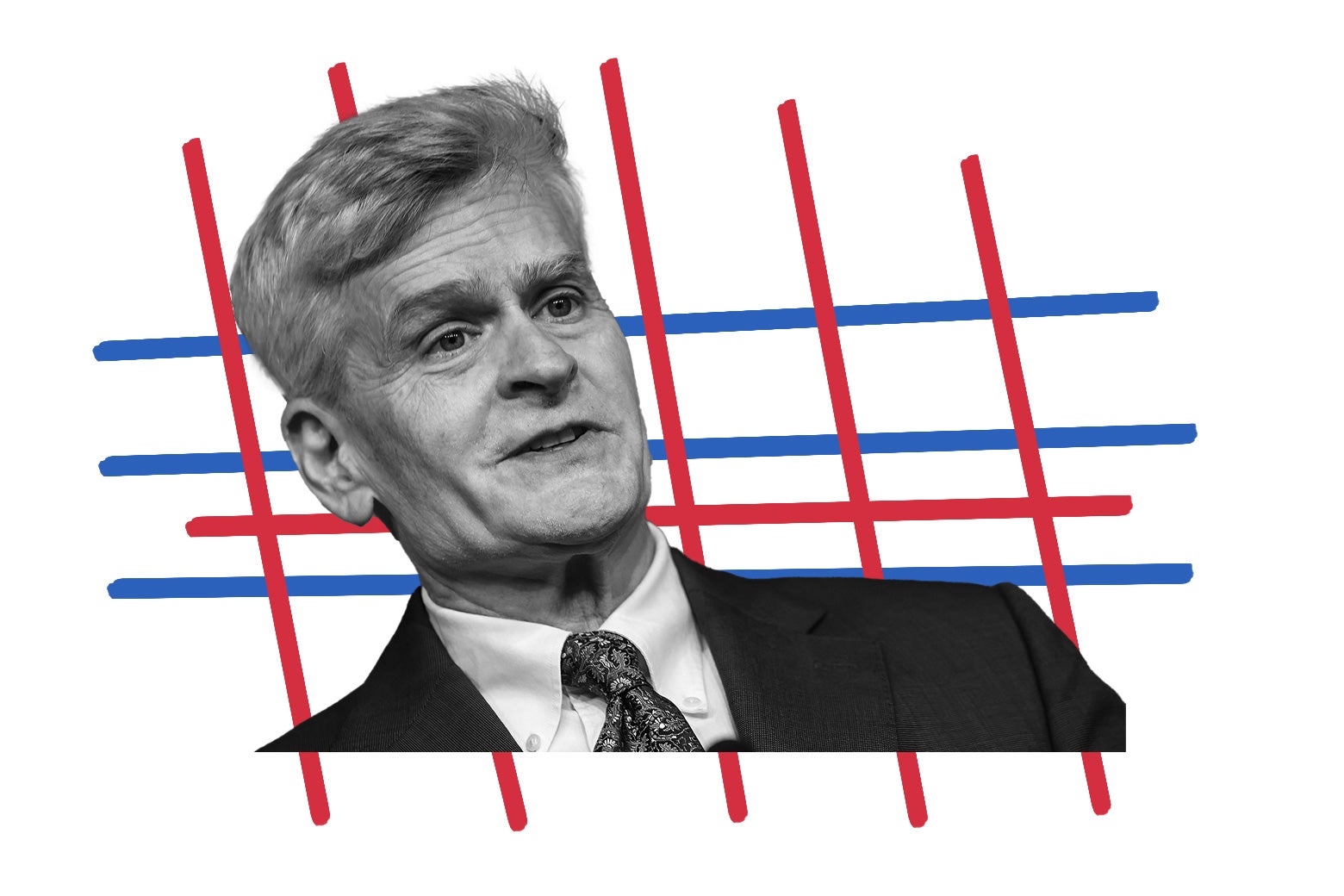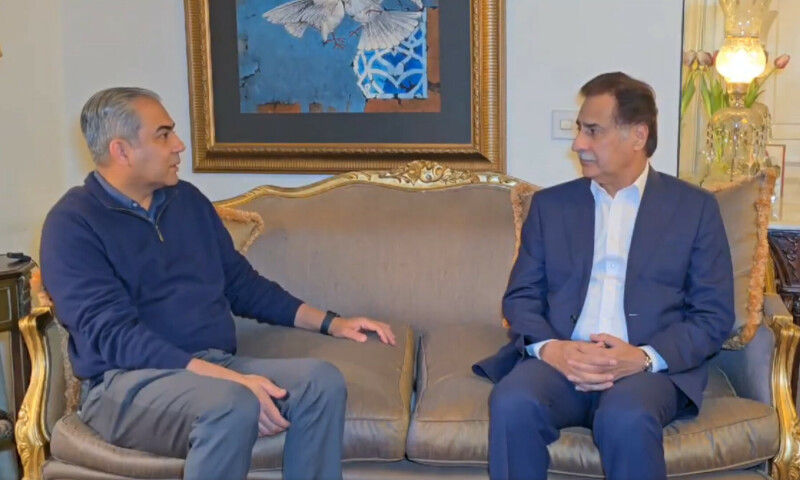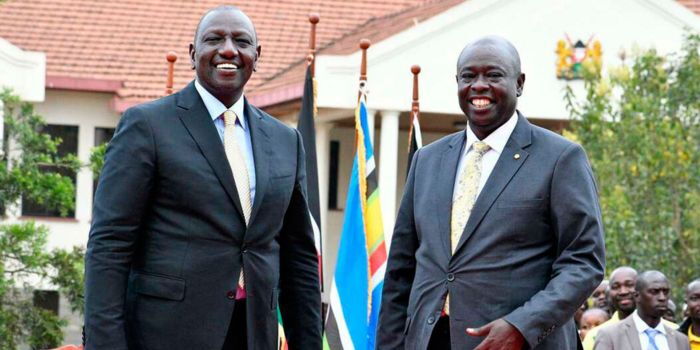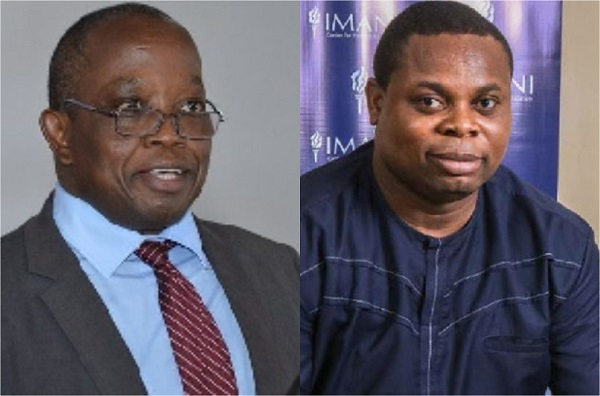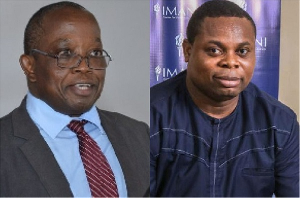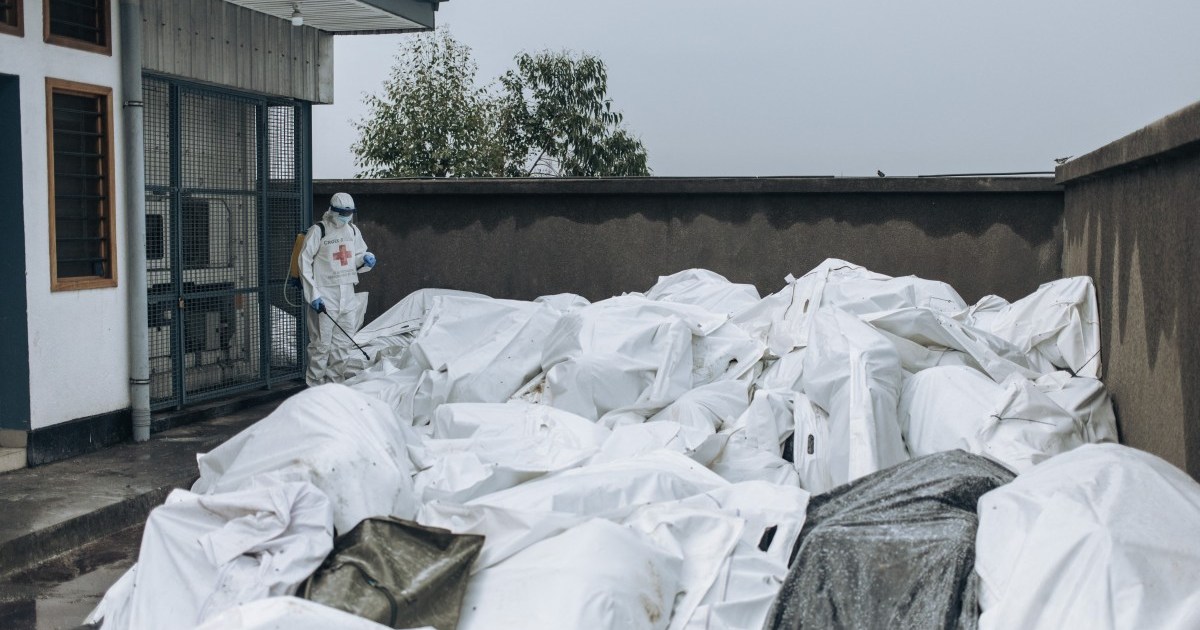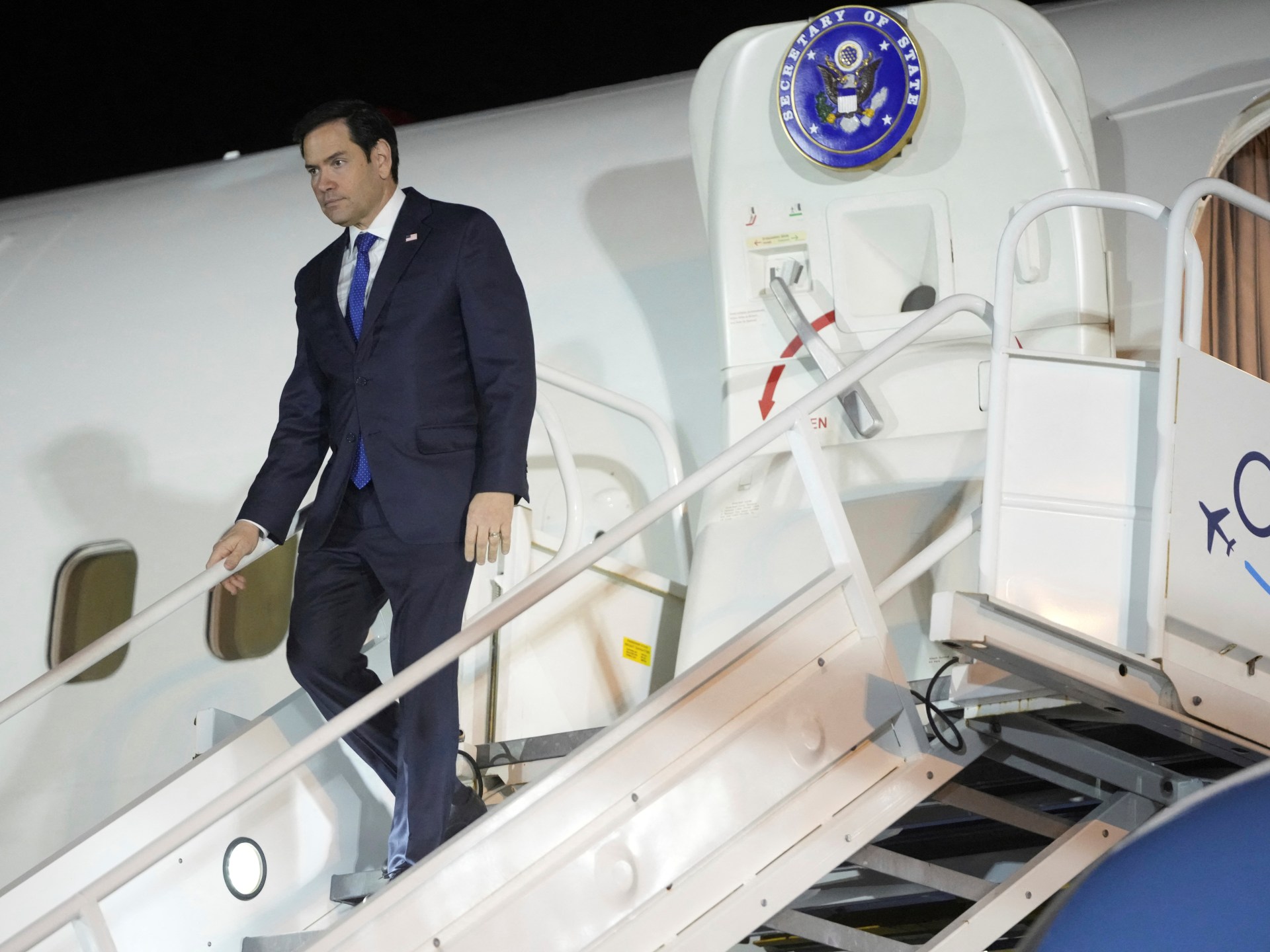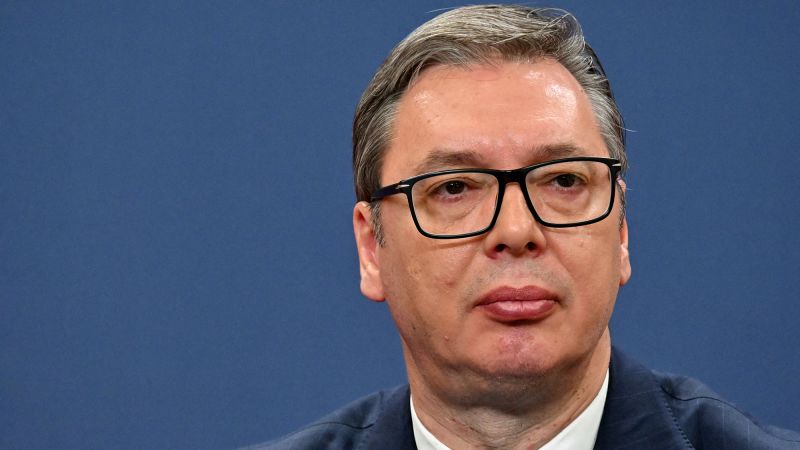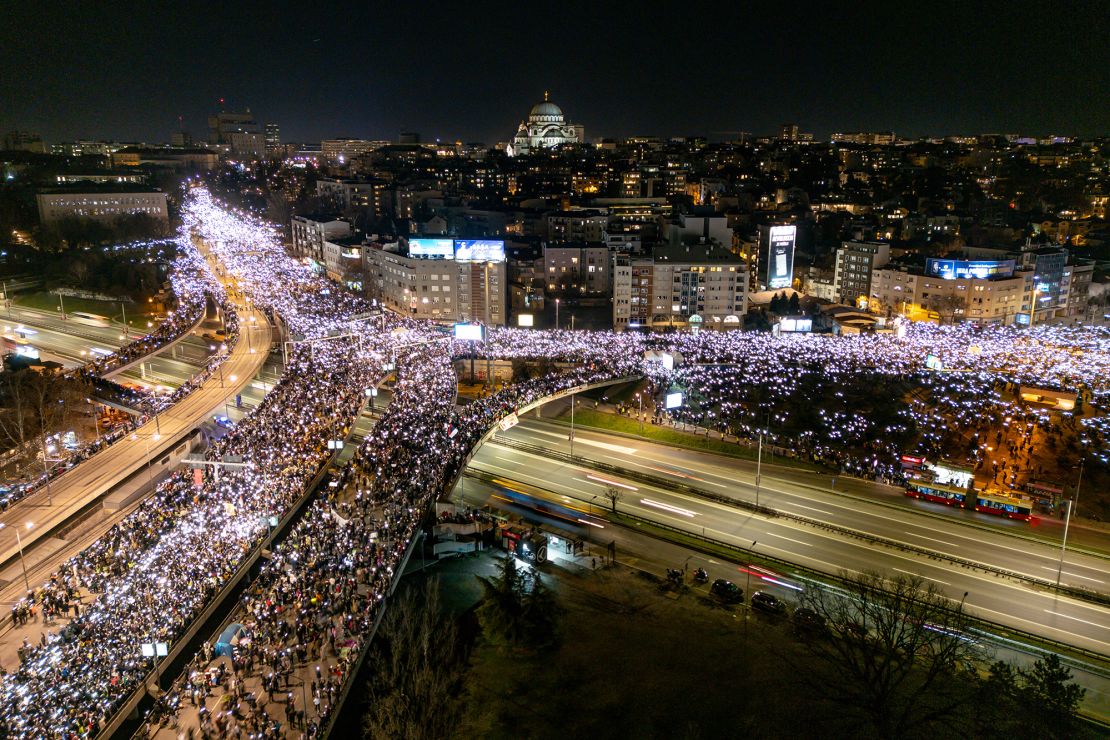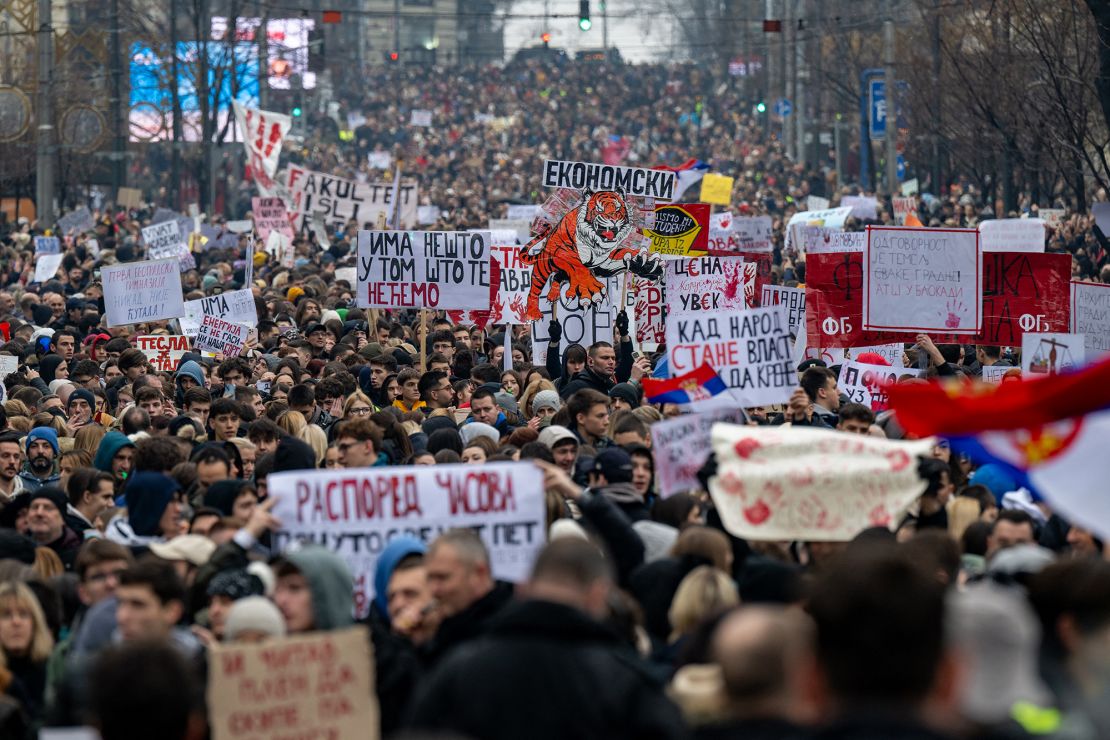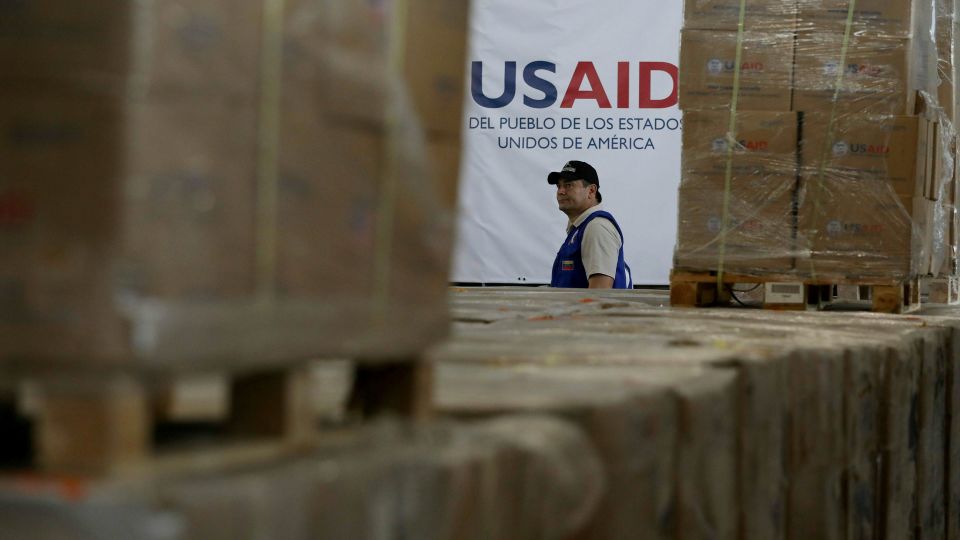CNN
—
On the first day of November, Aleksandar Matkovic was running late for a train. He was traveling from Novi Sad, in the north of Serbia, to its capital Belgrade, where he works as an economic historian. When he got to the station, he witnessed a scene of horror that has rocked the country to this day.
Minutes before he arrived, the canopy of the station – where reconstruction had been completed months earlier – had collapsed, crushing passengers waiting on the platform. Fifteen people were killed.
“I stood there for about two or three hours, just staring blankly at the space where the canopy was. The whole thing was so unrealistic,” Matkovic told CNN.
Shock soon turned to anger. The crumbled canopy has come to serve as a potent symbol of what many Serbs see as corruption at the heart of the state, sculpted by President Aleksandar Vucic and his government over 12 years in power. What began as vigils for the dead have become near-daily protests, drawing in ever-larger segments of Serbian society and reaching every corner of the Balkan nation. “We’re in uncharted territory,” said Matkovic.
The student-led demonstrations, demanding the full release of documents about the reconstruction works, have become so large and so lasting that some have questioned whether they could bring down Vucic’s reign. “All sorts of questions are going through people’s minds,” said Matkovic.
Vucic has dominated Serbia since coming to power as prime minister in 2014, then president three years later. A former information minister for the brutal Yugoslav regime of Slobodan Milosevic, Serbian democracy has degraded under Vucic’s Serbian Progressive Party (SNS). Freedom House, which measures the strength of democracies, said Serbia declined from “free” to “party free” in 2019, citing attacks on the media and concentration of power in the hands of the president.
His regime is hard to categorize, analysts say. It is not as repressive as Aleksander Lukashenko’s Belarus, but neither as permissive as Viktor Orban’s Hungary. Ivana Stradner, a fellow at the Foundation for the Defense of Democracies, said Vucic has “made Serbia what Russia was like in the early 1990s, leaning towards a criminal, corrupt state with no rule of law.”
Still, his detractors praise him as a canny operator. In an increasingly multipolar world, countries such as Serbia – a regional powerhouse that the West has tried to prize away from its historic ally Russia – enjoy plenty of options. For Moscow, Serbia can stem the westward slide of other Balkan nations. For Europe, a huge proposed lithium mine could make it important for the green transition. For China, Serbia offers the chance to extend its influence through the Belt and Road Initiative.
Even some in the United States have interests in the country. Jared Kushner, President Donald Trump’s son-in-law, is reportedly working on a deal to build a Trump-branded hotel in Belgrade, with capital from various Gulf states.
For Serbia, this transactional approach may not add up to a coherent ideology – it has sold weapons to Ukraine but refuses to join sanctions against Russia – but it has been profitable. Serbia has been kept plied with Russian gas, Chinese infrastructure, European investment, and even glitzy American construction projects.
This “strategic ambiguity,” as Stradner calls it, has come at the cost of domestic discontent, however.
“People have had enough,” said Engjellushe Morina, a senior fellow at the European Council on Foreign Relations. “The students are fed up with this rhetoric … where Vucic says one thing for internal consumption and another thing for international consumption.”
Anger with the government had been brewing for years. In May 2023, when Serbia was rocked by two mass shootings, people protested the country’s “culture of violence.” There were more demonstrations after a disputed election later that year, with the opposition calling for a rerun. They also lasted for weeks but eventually fizzled out.
This time is different, protesters and analysts say. Latent discontent with the government found its expression in the Novi Sad station tragedy. The station had been hastily reopened in 2022 – with Vucic and Orban in attendance – ahead of an election held that year, before being closed for more works by a Chinese company and its subcontractors. Matkovic said Serbs felt the project was “fast tracked” and “pushed by political elites.” It reopened in July 2024, just four months before its newly built canopy collapsed.
While previous scandals have failed to stick to Vucic, this one has. The perception of alleged corruption is “one thing that unifies all people,” said Stradner.
Serbian prosecutors have so far indicted 13 people for their role in the disaster, including the former minister for construction, transport and infrastructure, but protesters have demanded that more be done to hold people politically and criminally accountable.
Analysts say Vucic is skilled in thwarting protests by making targeted concessions, jettisoning allies, catching the opposition off-guard or ridiculing the movement. He regularly labels protesters as “foreign agents” attempting to stage a “color revolution,” as in other former Soviet states.
But these demonstrations represent a new challenge. Because they began as acts of mourning, they were largely free of “political” signs such as European Union flags, which Vucic has previously used to discredit demonstrations.
The protests have also drawn in broad swaths of Serbian society. In scenes reminiscent of the end of Milosevic’s regime, farmers have joined in, driving their tractors into Belgrade.
Even judges have come on board – a shock, given Vucic’s control of much of the judiciary, said Edward P. Joseph, a lecturer at Johns Hopkins University who served for a dozen years in the Balkans, including with NATO.
“Ordinarily they would never dare to raise their head in such public fashion, but now they’re showing themselves in silent support of the protests,” Joseph told CNN. “The fear factor is gone.”
It is not clear how Vucic can reclaim that power, Joseph said. Because Vucic must “play this charade” of responsibility, a violent crackdown would be “writing his own epitaph.”
But the opposite approach – embarking on large-scale democratic reforms – is also challenging, said Morina. Although Prime Minister Milos Vucevic resigned this week, saying he did so “in order not to further raise tensions in society,” this has done little to satisfy the protesters.
“How convincing is it that he (Vucic) is going to be able to turn this whole movement that he has built – the SNS (the Serbian Progressive Party), the party supporters, the radicals, the football hooligans – how can he turn this into a democratic movement?” Morina said.
It is not clear what can break the deadlock. The protest movement has distanced itself from opposition politicians, meaning there is no obvious alternative waiting in the wings. But this could be a strength, Stradner said.
“It’s time to stop having a cult of personality that Serbia has had for decades. It’s time to believe more in laws, in the judiciary, in checks and balances, than to believe in one personality type,” she said.
